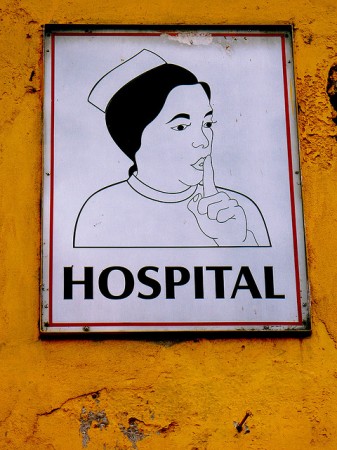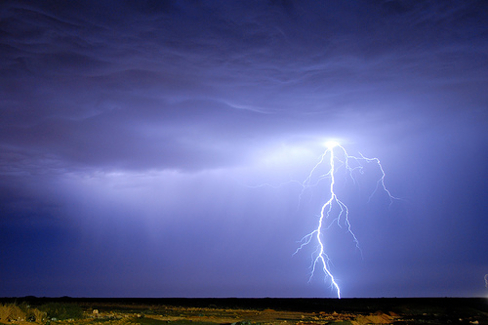
Earlier this week, Bolivia threatened to take Chile before an international court after Chile failed to respond to a deadline set for negotiations to settle a more than 100-year-old dispute between the two nations on questions of access to the Pacific Ocean.
Mr Morales was speaking on Bolivia’s “Day of the Sea”, the day when it commemorates its defeat by Chile in the 19th Century War of the Pacific: “Our fight for maritime re-vindication, which has marked our history for 132 years, must now include another element”, he said at the ceremony in La Paz. “We must go to international tribunals and organizations to demand free and sovereign access to the sea.”
Responding, Chilean President Sebastian Pinera said that Santiago sees any negotiation on this matter with La Paz as a “serious obstacle” to their already strained relations. “Bolivia cannot expect a direct, frank and sincere dialogue while it simultaneously manifests its intention to go to international tribunals,” he said.

![500px-Libyan_Uprising-2011-08-03 Libyan Uprising, by Libyan_Uprising.svg: Rafy, en:User:Interchange88 derivative work: War.dog (Libyan_Uprising.svg) [CC0 (creativecommons.org/publicdomain/zero/1.0/deed.en)], via Wikimedia Commons](http://isnblog.ethz.ch/wp-content/uploads/2011/03/500px-Libyan_Uprising-2011-08-03.png)


